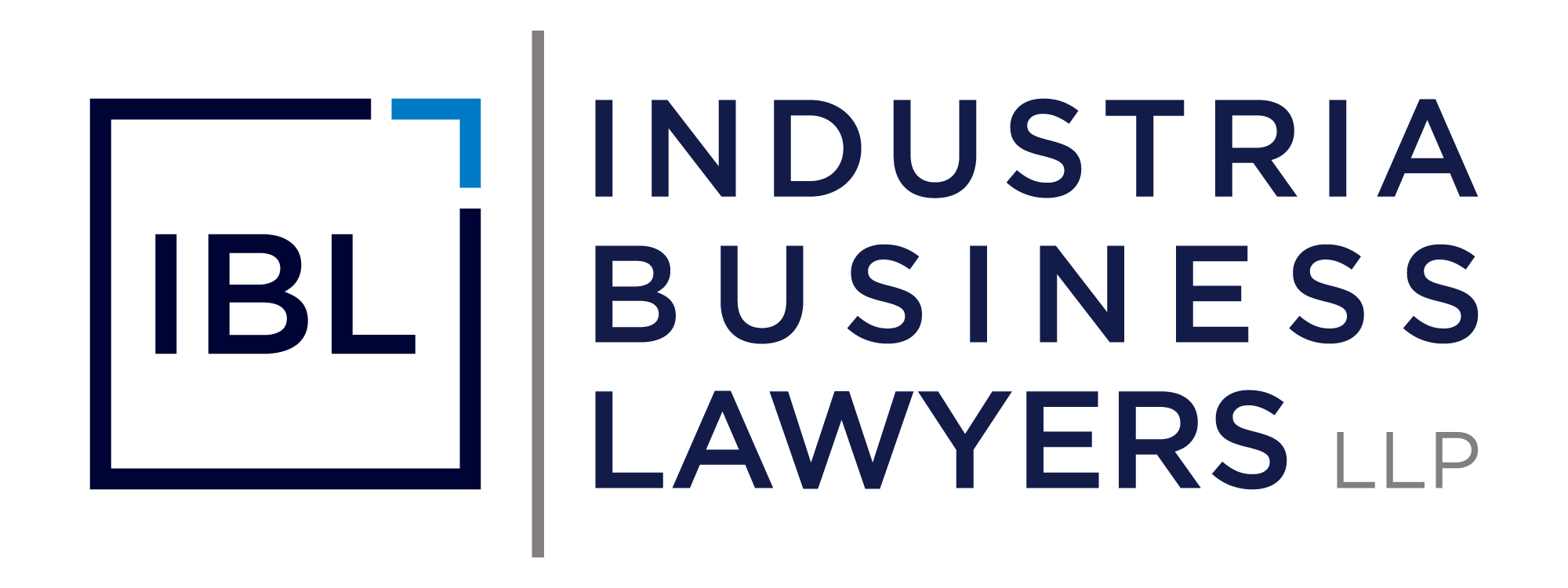Written by: Aaron Krowne, Esq.
Some of our esteemed big-firm colleagues have taken it upon themselves to offer free legal services to startups. Some startups — who are generally cash-pressed and watching their “runways” closely — are starting to take the plunge.
But is it worth it?
As a starting point, many startup, small business, and solo clients have problems getting the quality of service they expect from big firms — even when they are paying “full-freight.” It bears noting that most law firms — and especially big firms — are quite busy, as a general rule. Thus, they will inevitably prioritize the highest-paying clients over the lowest, if only to “triage” their workload. As a result, clients on the “free plan” can likely expect to receive the lowest level of time and attention from actual human beings at the firm — and amongst those who do pay these clients heed, they can be expected to be as “junior” as is possible.
(There is even the theoretical concern as to whether you can truly be owed any particular level of legal services delivery if you aren’t paying anything – as well as the complimentary legal ethics concern of whether attorneys can ethically promise such. Note that in traditional pro bono legal services scenarios, someone – generally, the government or a nonprofit – is paying at least some minimal amount on behalf of the non-paying client. This, essentially, guarantees service.)
The old adage, “you get what you pay for,” could certainly be applicable in this scenario.
It’s likely the firms see these types of clients as little more than template “fill-in” jobs. It stands to reason that using an off-the-shelf template and filling it with basic client information should not lead to significant billable charges. However, all law firms work with templates (called “forms”, in the biz), and filling them in with basic client information is not what takes significant “billable time.”
Instead, the material time involvement by lawyers is for “bespoke” areas of counsel and advisory; e.g., advice on how to put in practice or modify one’s approach to particular contracts and corporate formalities documents, advice on the overall approach to the transactions, setups or compliance in which they are contextualized, “issue-spotting” of related legal concerns and others which may be generally-applicable to the business, and general legal advisory in the context of go-forward business strategy.
More “holistic” areas of legal counsel such as the above cannot be bypassed — at least, not without failing to address what are, in many cases, important legal issues and concerns that can become dominant impacts on the business. Our concern with law practice that is too “template-focused” is that it tends to short-circuit the consultative interactions with counsel which would otherwise address these “holistic” needs. And of course, those interactions take up the time and attention of real people, which creates the need for some material level of billing.
Clients considering “free” legal services should also consider that these offerings are everywhere and always a “loss-leader” — i.e., it’s just to “get you in the door,” and the price will inevitably go up later. And once it does, the big firms offering these deals will almost invariably be charging rates greatly in excess of small firms. This cost impact might not be noticed after a big fundraise or if the venture is earning significant net income, but if the runway is petering out or belts are otherwise being tightened, these legal costs can quickly become a real problem. (We know — we get many client “refugees” from BigLaw!)
So, consider starting off with a smaller firm that is designed to provide you with bespoke treatment from the get-go. Yes, that will cost you something on Day 1 — but you might be surprised at how efficient and economical small firms can be, while still adeptly meeting all of your legal needs. Many of these firms (like ours) even have lawyers on staff who left big firms — or who worked at the very same government regulators you may need to comply with for aspects of your matter. And many small firms can be flexible on pricing, respecting your unique circumstances. IBL, for example, has an incubator program for startups.
To find out if you qualify, or to simply to talk to us generally about a prospective legal counsel relationship and how we might be able to help with your matter, CLICK HERE.


